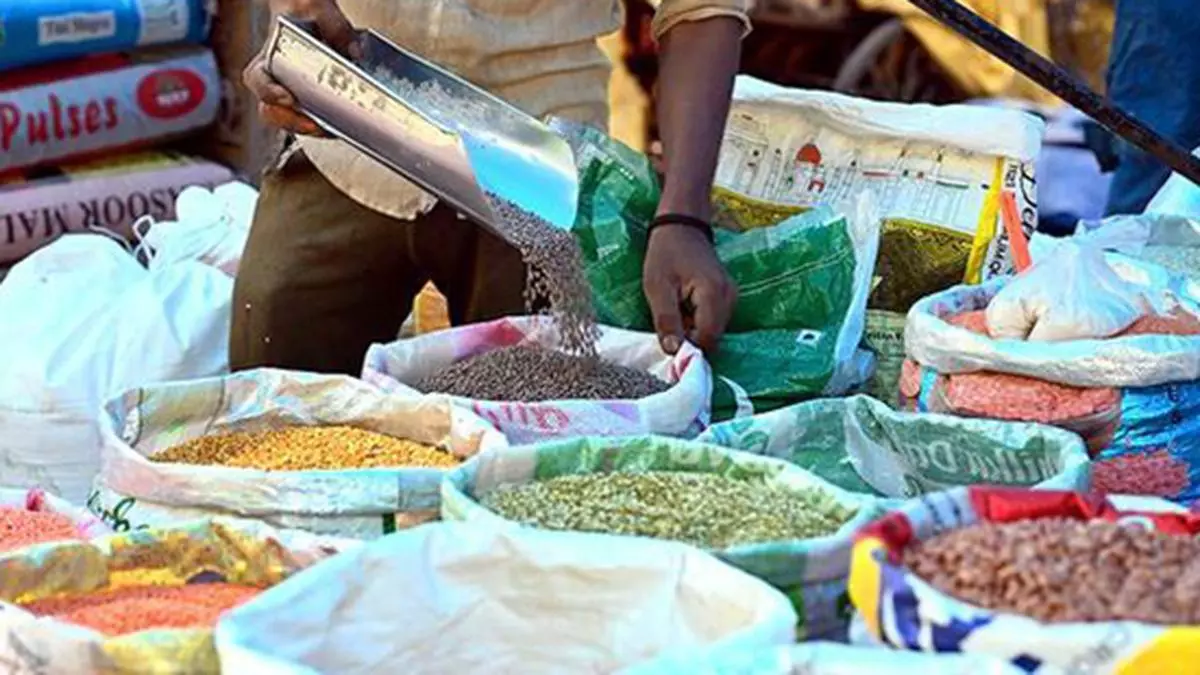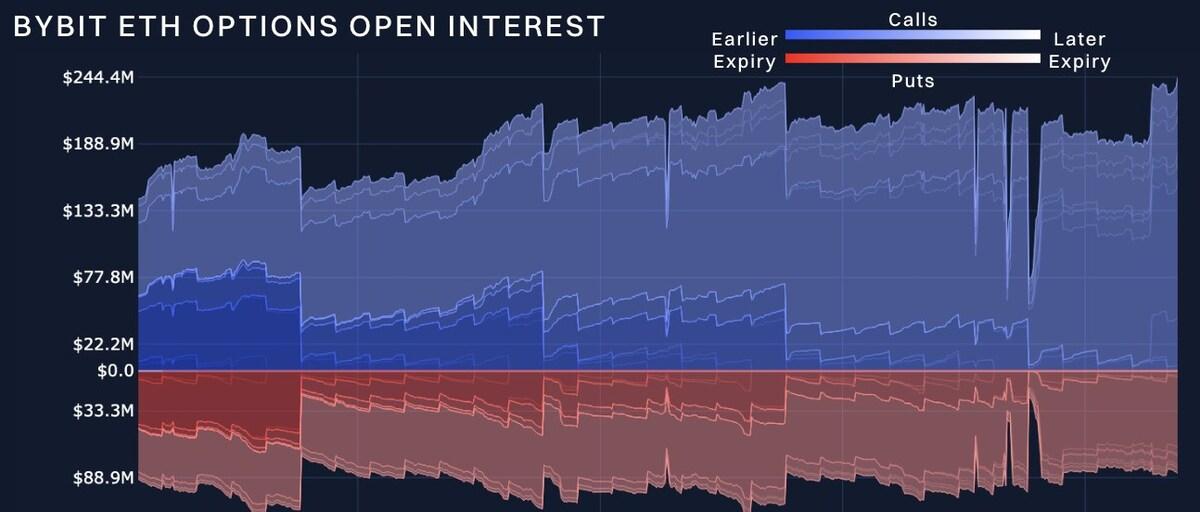Facing heating from local map players such as Mapmyindia and Ola Maps, Google has announced that Indian developers will have free access to its software worth up to $6,800 (over ₹5,70,000) per month from March 1, 2025.
The company will provide access to products like Maps, Routes, Places for free as opposed to the fixed $200 monthly credit offered by Google right now. While this is good news for developers, this could become disruptive for other service providers like MapMyIndia.
“Developers can evaluate whether a new product is right for their business or build a proof-of-concept delivery service with routes API before making a major investment. With this expanded free usage, developers only pay if they exceed the limit. And further, Maps Embed API and Maps SDK — some of our most popular products — will continue to have unlimited free usage,” Google said.
In July, the company had announced a India-specific pricing for Google Maps, where they had reduced pricing on APIs by up to 70 per cent. The platform also collaborated with the Open Network for Digital Commerce (ONDC), offering developers up to 90 per cent off on select Google Maps APIs.
Pricing war continues
Back then, Bhavish Aggarwal, Head of Ola Maps, had surprised everyone by announcing a competitive pricing structure that offered APIs at half of Google’s revised rates.
Now with the latest announcement, Subhendu Pattnaik, Principal Analyst at Forrester, said Google has taken the pricing war to another level.
“When a platform like Google Maps becomes free, it benefits small developers. Earlier, small developers had to pay upfront costs to get started with experimenting, etc. Now, they have the ability to experiment as well as to scale to other regions within the offered free tier. So, I think Google Maps has given a strong competitor vibe to Ola Maps. Ola Maps will have its own advantage in certain Indian regions since it is developed indigenously. The pricing fight has taken this tussle to another level,” he said.
India’s role
Meanwhile, Naresh S, research analyst at Gartner, viewed the development as a validation of the India’s significance in the market.
“Google already has an upper hand as far as mapping is concerned. This is an indication of not wanting to lose market share because if its remains high-priced it will lose out to other competitors like Apple, MapMyIndia and others,” said Naresh.
Naresh also advised rival companies to focus on further specialisations and come up with solutions for specific industry needs to stay in the race.
“There’s a higher-value pay at stake, apart from mapping like integration services. Industry specific solutions are good potential areas to expand themselves. If they just compete on price, they’ll be hard-pressed against companies like Google,” he said.
Stressing this further, Pattnaik said companies will have to find a differentiation, either by way of prices of by providing coverage in areas where Google Maps or Ola Maps are not able to.
“That’s low probability, because with the might of these guys, they probably would already be covering a lot of things. But providers will have to entice developers with either of these two aspects.”








Leave a Comment